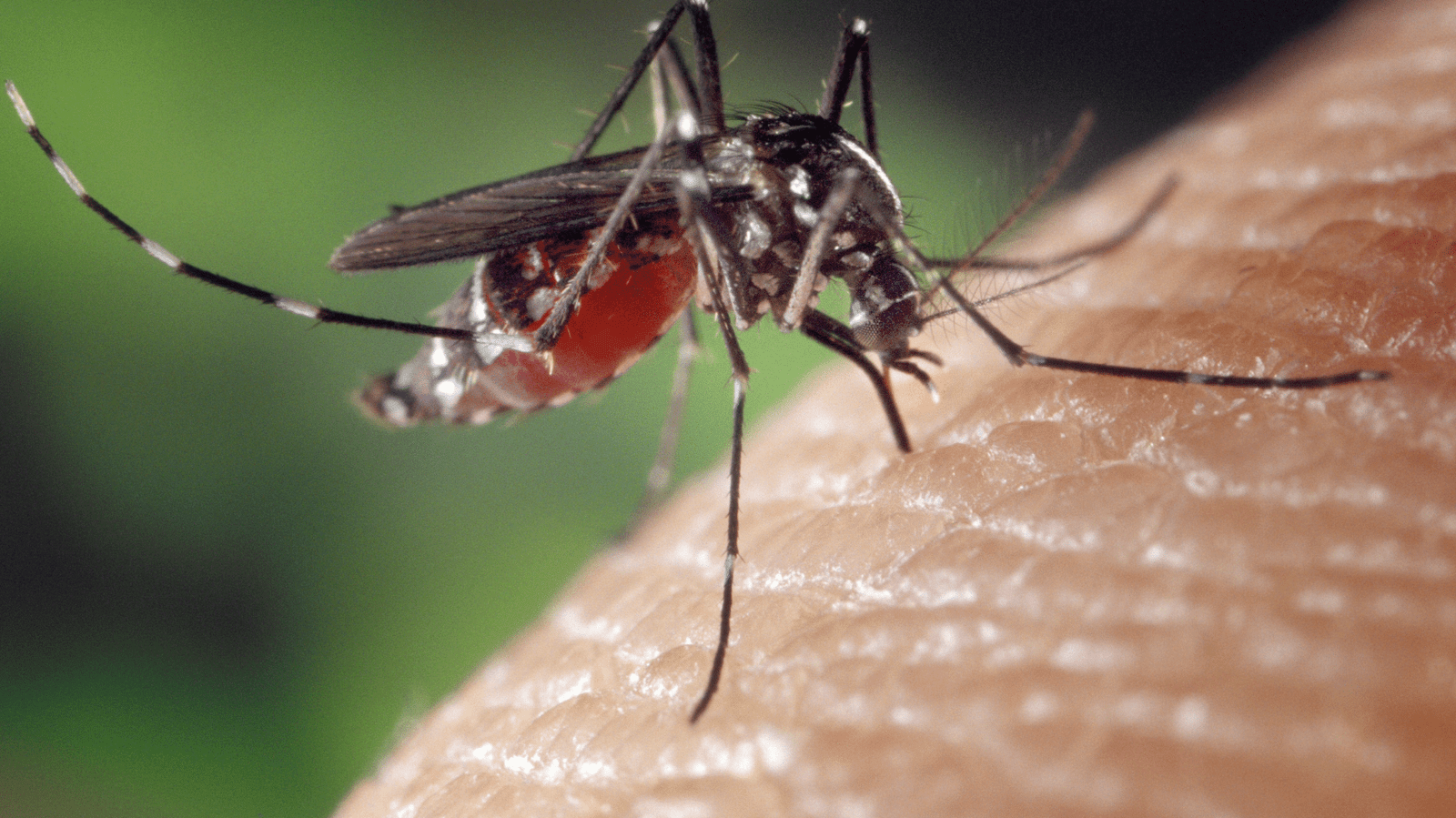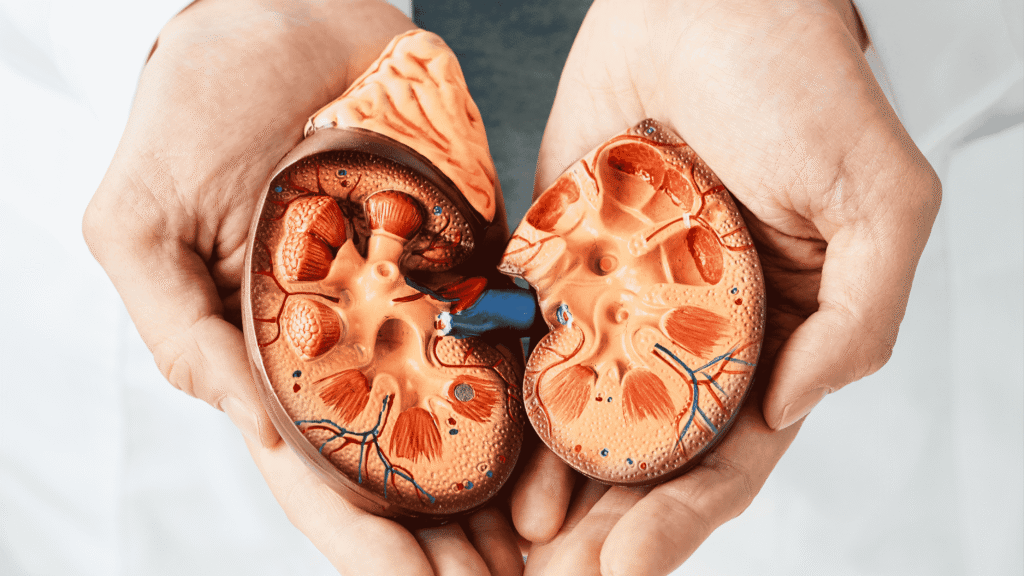From climate resilience to vaccine access, WHO’s strategy aims to tackle the rising global threat of mosquito-related illnesses
In response to the alarming rise of mosquito-borne diseases like Dengue, Zika, and Chikungunya, the World Health Organization (WHO) has launched a comprehensive 6-point action plan aimed at reducing the burden of these fast-spreading infections globally.
With climate change, rapid urbanization, and poor sanitation fueling mosquito populations, this renewed focus from WHO highlights a crucial public health priority affecting millions worldwide.
Why This Plan Matters
Mosquito-borne diseases are no longer limited to tropical zones. Warming temperatures, urban crowding, and increased international travel have made dengue and Zika threats in over 130 countries. WHO’s latest strategy is built around prevention, control, and long-term resilience.
WHO’s 6 Strategic Action Points:
- Climate-Resilient Vector Control
Countries are encouraged to adopt environmentally conscious vector control methods that are adaptable to changing climate conditions. - Improved Diagnostics and Surveillance
Emphasis on faster diagnostics and early warning systems to detect and respond to outbreaks promptly. - Equitable Access to Vaccines and Treatments
Ensure affordable and widespread access to dengue and other relevant vaccines, especially in lower-income countries. - Robust Data-Driven Response Systems
Governments are urged to invest in data collection and monitoring technologies to guide decision-making and policy. - Community-Centric Action Plans
Active involvement of local communities to drive awareness campaigns, remove breeding sites, and implement grassroots solutions. - Multi-Sectoral Collaboration
WHO calls for global cooperation—from governments, NGOs, tech innovators, and public health bodies—to unite in this fight.
The Growing Risk
- Over 3.9 billion people are now at risk of dengue.
- Zika remains a concern, particularly for pregnant women due to risks of congenital disorders.
- The economic burden of mosquito-borne illnesses is escalating, with productivity loss and increased healthcare costs impacting developing nations the most.
Call to Action
WHO’s latest roadmap not only highlights the urgency of intervention but also presents scalable, community-based, and tech-driven solutions that can be replicated across borders.
Governments, healthcare systems, and innovators must work in unison to prevent outbreaks, protect vulnerable populations, and create climate-resilient health infrastructure.
Source:
Times of India – WHO’s New Plan to Tackle Mosquito-Borne Diseases





